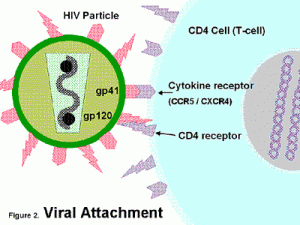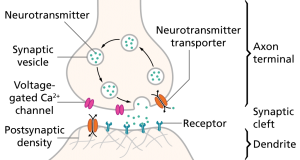Even if you have not been personally affected by Parkinson’s, this terrible disease affects all Canadians. Parkinson’s is the second most common neurodegenerative disease (after Alzheimer’s disease), affecting voluntary movement and leading to common symptoms of tremor, slowed movements, and muscle rigidity. Nearly 100,000 Canadians have Parkinson’s and no cure. The economic burden of Parkinson’s in Canada is huge. The total cost of Parkinson’s is estimated to be $558.1 million, equating to an average cost per capita in Canada for the disease to be $23/year.
The onset of Parkinson’s may not be apparent at first, leading to a lengthy diagnosis, relying on the process developed by Dr. James Parkinson in 1817. Diagnosis depends on a complete neurological examination to confirm two out of the three common symptoms and to rule out any similar disorders. No tests, blood or diagnostic, exist to definitively confirm the disease. However, one woman has recently astounded researchers by her ability to detect the disease with shocking accuracy – through her sense of smell.
Joy Milne of Perth, Scotland, noticed her husband’s scent changed six years before he was diagnosed with Parkinson’s. She describes it as a distinct, musky smell, but didn’t make the connection between the smell and the disease until she joined a charity for Parkinson’s and encountered other Parkinson’s patients emitting the same distinct smell. Intrigued, researchers at Edinburgh University tested her claim by subjecting her to a blind “smell” test. Researchers gathered six healthy people and six who were diagnosed with Parkinson’s and asked them to wear a t-shirt for a day, and collected the t-shirts for Joy to smell. Joy’s accuracy was remarkable, scoring 11 out of 12. However, she was adamant that one of the healthy subjects had Parkinson’s. Eight months later, she was proved correct – the subject informed researchers that he had been diagnosed with Parkinson’s, meaning Joy’s accuracy was actually 100%.
Scientists are thrilled by this phenomenon, and are trying to use Joy’s ability to develop a definitive test for diagnosing Parkinson’s. They believe that the disease causes a change in the skin of Parkinson’s patients early on, causing the distinct odour detected by Joy. A simple test, such as swabbing a subject’s skin to detect the change, would allow for much faster diagnosis and much earlier treatment. While this discovery may have been accidental, it definitely has many implications and consequences in the way this disease is treated.
– Peggy Hung


















